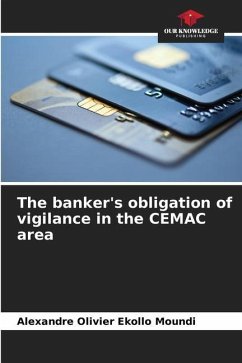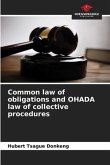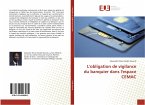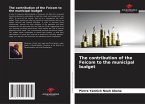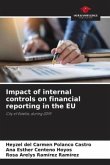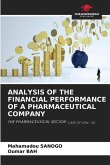The economic context in Cameroon and in the subregion in general is marked by a low rate of bank penetration of about 10%. This can be explained by the mistrust and opacity that characterize the banking world, which is essentially governed by custom and jurisprudence. Most of the banker's obligations are not codified, which creates a certain legal vagueness, which generally benefits the banker. We are interested in the banker's obligation of vigilance, which is increasingly mentioned in the context of the fight against money laundering and the protection of the consumer, considered as a weak party. This is the set of general control measures which the banker is bound to take with regard to the client and third parties, as opposed to the verification measures specific to the fight against money laundering, which he is bound to take with regard to the public authorities. It is a question for us of establishing the legal regime of this obligation, by highlighting on the one hand itsconstitutive elements and on the other hand the banker's responsibility.

